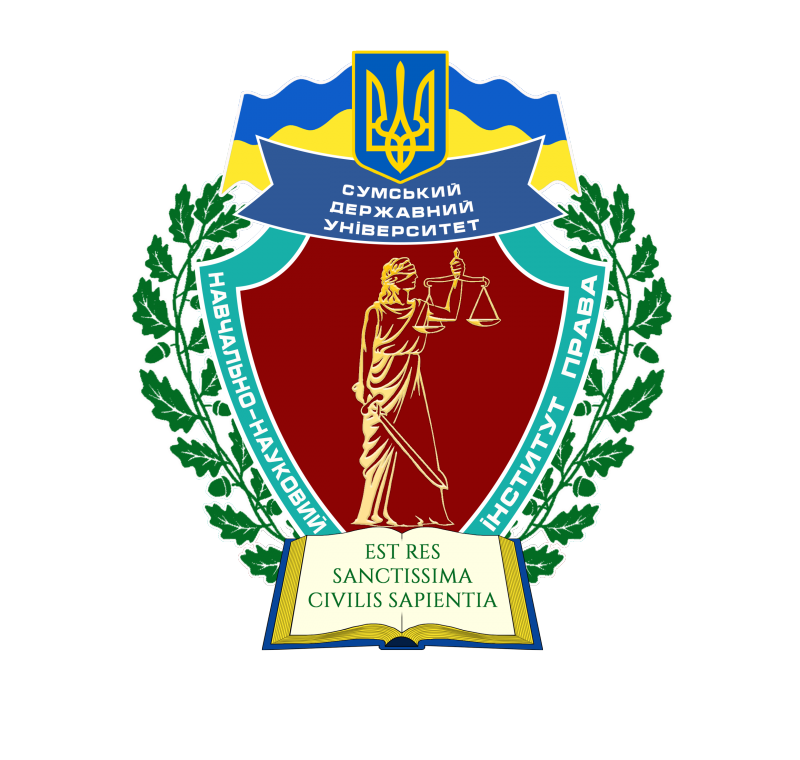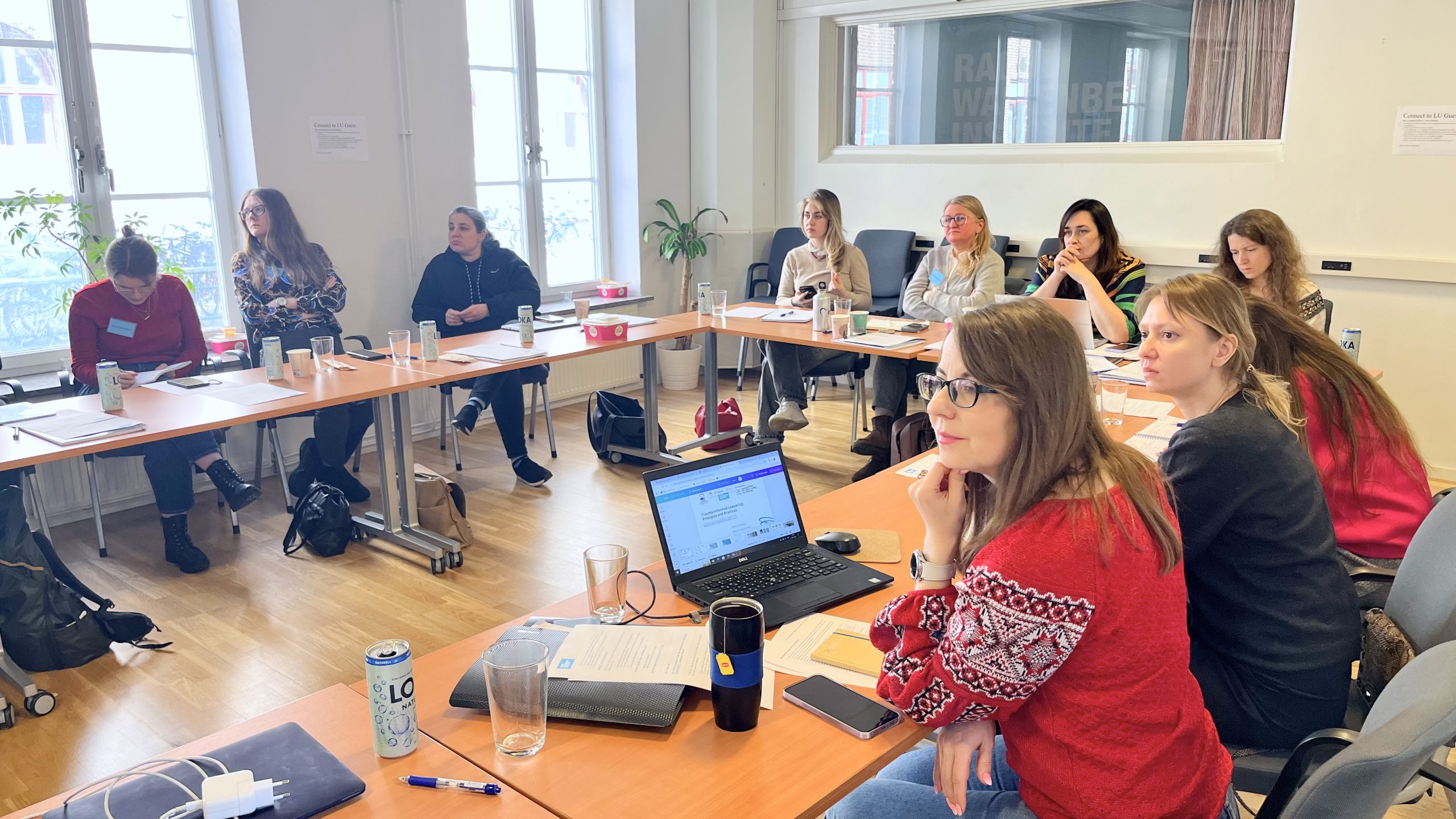Liudmyla Rudenko, Head of the specialized legal clinic for war-related issues and Associate Professor at the Department of AGPFEB, Educational and Scientific Institute of Law at Sumy State University, participated in the international workshop “Legal Aid to Ukrainian Refugees and IDPs Based on a Human Rights-Based Approach.”
The event took place in the Swedish city of Lund and Danish Copenhagen in April 2025. During the three-day intensive training, Liudmyla Rudenko mastered the fundamentals of trauma-informed counseling, learned about the experience of supporting IDPs and refugees in Sweden and Denmark, and developed ideas to strengthen the role of legal clinics in response to the challenges of war.
On the first day of the workshop, Marta Tsymbal, an expert from the Association of Legal Clinics of Ukraine, presented an IT platform created to provide legal assistance to Ukrainians who were forced to leave their homes due to the war. This platform and a specially developed chatbot allow displaced Ukrainians to receive clear information about how to act in various life situations. The platform also helps schedule appointments and receive free consultations at Ukrainian or foreign legal clinics.
Anna Bruce, a senior researcher at the Raoul Wallenberg Institute, conducted a training session on the Human Rights Based Approach (HRBA). A separate part of the session was dedicated to intersectionality — an approach that recognizes that people can simultaneously face multiple forms of discrimination (for example, based on gender, age, nationality, or health status). The intersectional approach allows for a better understanding of each person’s unique circumstances, takes into account various factors affecting their situation, and offers assistance that truly meets their needs. The day concluded with a training block on applying trauma-informed approaches in counseling, conducted by Maria Tsypiashchuk, Head of Transitional Justice at ABA ROLI in Ukraine, and Yulia Lomzhets, Chair of the Board of the Association of Legal Clinics of Ukraine.
The next day, the Ukrainian-Polish delegation studied the Danish experience in supporting refugees, particularly visiting the Danish Refugee Council (DRC) to learn about mechanisms for protecting the rights of refugees and persons under temporary protection, and providing them with legal assistance in Denmark. Workshop participants also learned about the experience of Mellemfolkeligt Samvirke/ActionAid, an independent Danish non-governmental organization that promotes integration and self-realization of refugees, especially youth.
Another workshop location was the Danish Institute Against Torture, DIGNITY. The institute’s team presented ongoing projects aimed at supporting initiatives to document war crimes in Ukraine, as well as direct psychological and psychosocial assistance to displaced Ukrainians. An important aspect of DIGNITY’s work is supporting community organizations that provide psychological assistance in the Sumy region.
Workshop participants also had the opportunity to visit the Ukrainian House in Denmark. This institution introduces Europeans to Ukrainian culture. Notably, Liudmyla Rudenko presented a piece of Sumy region to the Ukrainian House in Denmark by gifting a motanka doll created by Sumy craftswomen.
The final group discussion allowed for identifying directions for developing practices to help displaced people and opportunities for future cooperation between clinics and partner organizations.
The workshop was held within the framework of the project “Supporting Ukraine by Ensuring Enhanced Protection of IDP and Refugee Rights,” which the Association of Legal Clinics of Ukraine implements jointly with the Raoul Wallenberg Institute (RWI) and the Polish Foundation of Legal Clinics with financial support from the Swedish Institute.

